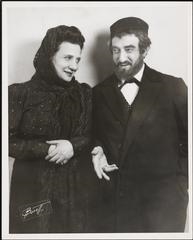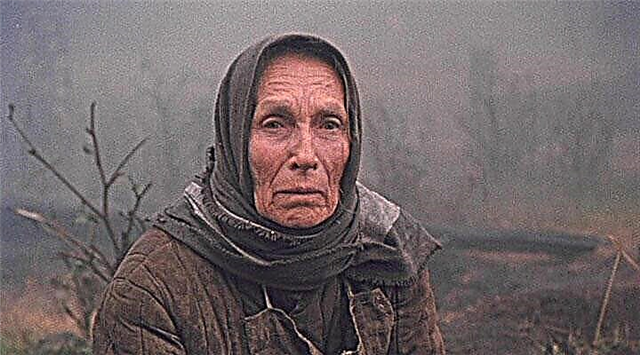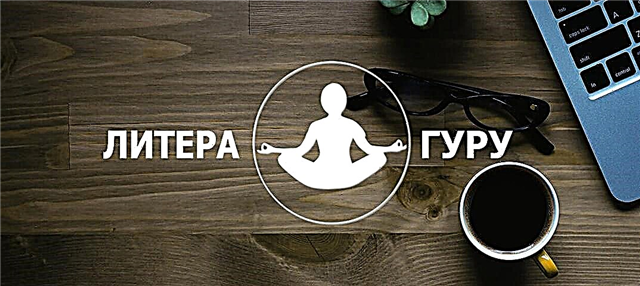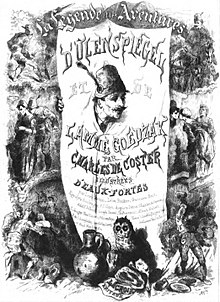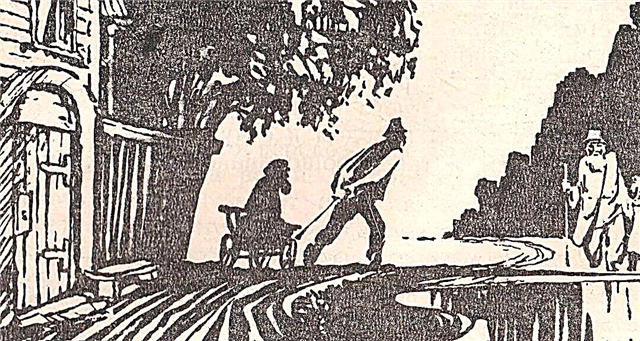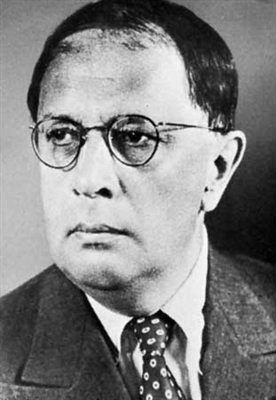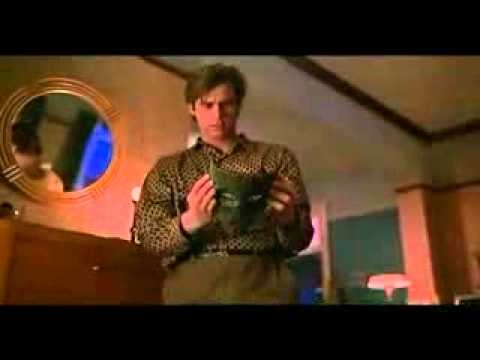Share
Pin
Tweet
Send
Share
Send
For four years, Alexander Trifonovich Twardowski wrote the poem "Vasily Terkin", which became the most famous work about the Great Patriotic War. In the center of the plot is a simple soldier Vasily with an unusual life story. For 30 chapters, the author tells the reader about the difficult everyday life and heroism.
- From the author. At the very beginning of the poem, we get acquainted with the author, who will tell the story of the protagonist. He is sure that even in difficult wartime it is necessary to find a place for a simple “joke”. Later, Vasily Terkin himself appears before us.
- At rest. The main character finds himself in the first infantry platoon and amuses his fellow soldiers with his jokes. In this chapter, we learn that Vasily is an ordinary guy who is found in every formation.
- Before the fight. Turkin recalls an episode that occurred on the way to the front. He and the other soldiers entered their commander’s house. His wife fed everyone, for which Vasily wants to bow to her when he returns home.
- Crossing. At night, soldiers cross the river. At this time, shelling begins, as a result of which many die. In the morning, Terkin swims to the opposite bank and asks for a "light to throw up."
- About war. In this chapter, the author claims that in difficult wartime, every soldier should forget about himself and act only on the orders of the commander.
- Terkin is injured. Vasily Terkin is trying to establish a connection. Hiding in a hole, he awaits the enemy. An unexpected officer shoots a hero in the shoulder. Only the next day, the tankers take the wounded Turkin.
- About the award. The main character does not seek to receive the order, because he agrees to the medal. Vasily already imagines how he will look with her in his homeland, in the Smolensk Territory, where bloody battles are taking place.
- Harmonic. To return the fighter-Terkin to the company again, a military truck picks him up on the road. The tankers passing by give Vasily harmony. He begins to play it, thereby encouraging fellow soldiers.
- Two soldiers. Terkin enters the house of a former elderly soldier and his wife. He fixes their wall clock and remains to spend the night. At lunch, a man asks the hero if the Russian fighters will be able to defeat the Germans. Walking away from them, Terkin says that “we’ll beat, father.”
- About the loss. Once at the front, Vasily meets a soldier who has lost his entire family. He is upset that he sowed a pouch. Terkin gives him his own and adds that the worst thing is to lose Russia.
- Duel. Basil in hand-to-hand fighting with the Germans. The hero hits him with a grenade, from which the enemy falls. Turkin later brings the enemy to his company.
- From the author. The author confirms the judgment that the reader likes to read about the war as a fairy tale. But for the people who visited it, the real fairy tale is to return home.
- Who shot? Turkin shoots at an enemy plane, which then crashes. Later, the hero was awarded a medal for this feat.
- About the hero. While in the hospital, Vasily got acquainted with the hero from under Tambov. After his story about his small Motherland, Turkin feels resentment for his Smolensk Territory. She seems to him an "orphan."
- General For a military feat, the general hands Terkin a medal. They hug as if they were relatives. The general promises Vasily to go with him to the Smolensk region.
- About myself. The author is worried about a common homeland with the main character, which is located on the enemy side.
- Fight in the swamp. Unknown point of Borki. This is where the battle is now going on. Rota Terkin is stuck in a swamp. Basil strongly supports the fighters. After a while, the infantrymen still captured the point of Borki.
- About love. The author reflects on the topic of love. It seems to him that the wife’s love is stronger than war and death. He asks the girl to fall in love with Vasily, since no one saw him off to war.
- Rest Turkin. Being in a rest house, Turkin realizes that he is unaccustomed to such a life and goes to the front again.
- On the offensive. At the very beginning of the attack on the enemy, the platoon lieutenant is killed. Fearless Vasily Terkin takes his place and leads the soldier into battle. After that, the hero was seriously injured.
- Death and the warrior. Wounded Turkin lies on the ground. Death and the covenant come with him. Basil refuses to go with her, because he wants to defeat the enemy and return to his homeland. Then the soldiers pick him up, and Death leaves with nothing.
- Turkin writes. The hero lies in the ward and writes that he is puzzled only by his return home.
- Turkin-Turkin. Upon returning to duty, Vasily learns that his double appeared in the company - Ivan. To find the real Tyorkin, soldiers turn to the foreman for help. He concludes that each platoon must have its own Turkin.
- From the author. The author refutes the rumors about the death of Vasily. Turkin is still alive.
- Grandfather and woman. The Germans invade the house of the old man and his wife, whose hero had once slept. They take the wall clock from them. To hide from enemies, the grandfather and the woman move into a hole. This is where scouts with Terkin come. They recognize each other. The hero promises them to bring two hours from Berlin itself.
- On the Dnieper. Terkin learns that the Smolensk region is liberated. He is no longer tormented by his conscience in front of his homeland.
- About an orphan soldier. One soldier, who was completely an orphan, lost his wife and child. Instead of his native village, he sees only ruins, but despite this, he continues to fight against the enemy.
- On the way to Berlin. Way to Berlin. Turkin hears Russian speech, which belongs to a village woman. Vasily makes sure that she is given the necessary things and sent back home.
- In the bath. Soldiers hover in a bathhouse, somewhere in the back of Germany. One of them takes off his clothes: his whole body is covered with scars, and the gymnast with medals and orders. It was Vasily Terkin.
- From the author. The terrible war ends. The author says goodbye to the hero. The writer himself devotes this poem to everyone who fell on the battlefield.
Share
Pin
Tweet
Send
Share
Send

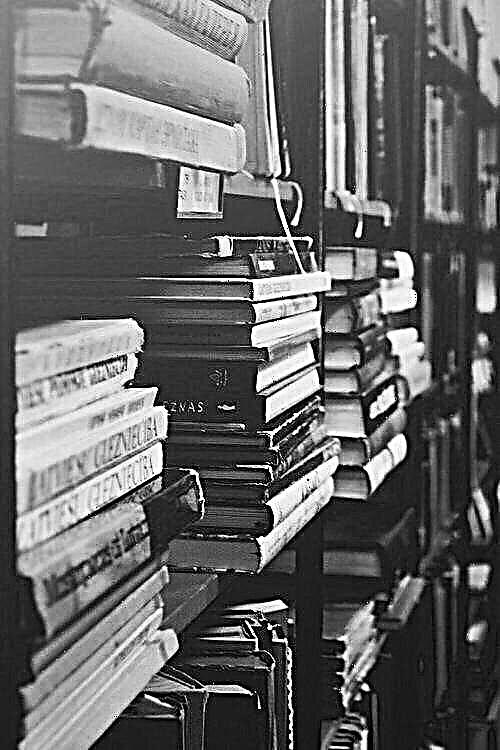

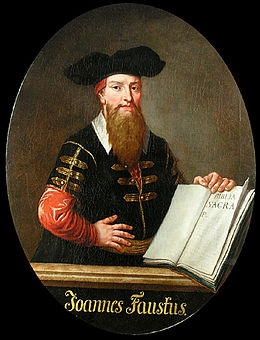
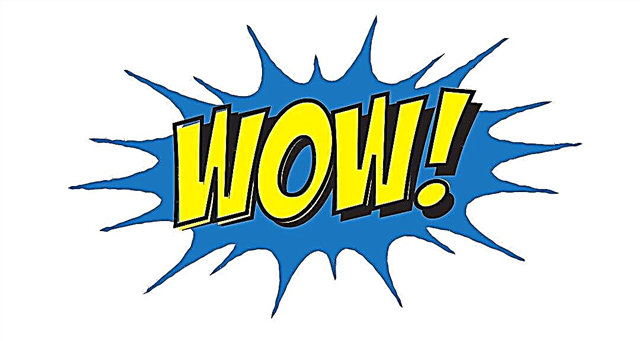 Wow! Projects
Wow! Projects